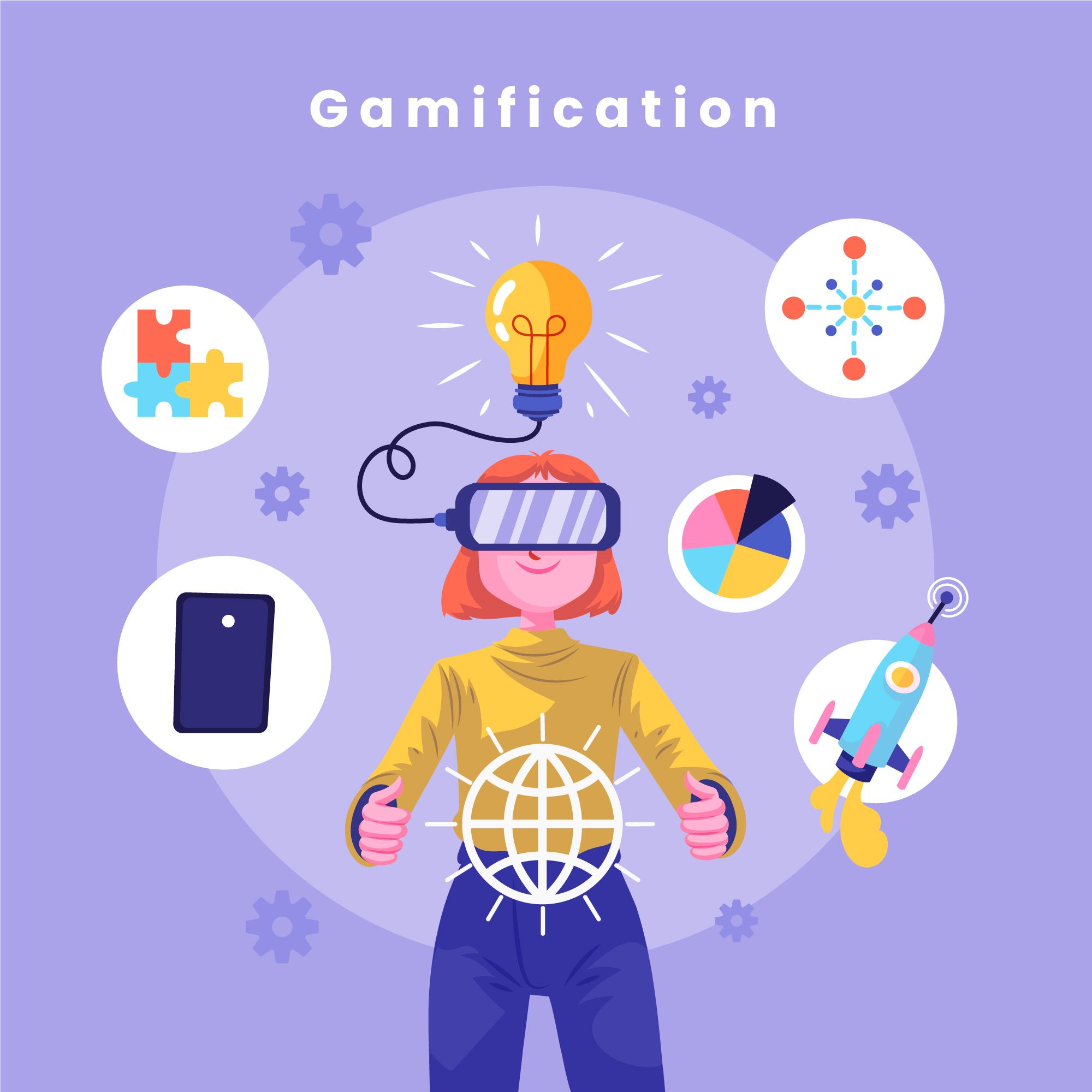Can HR Move To The Next Level In Malaysia?

As industries and workforce profiles evolve, and as new approaches are needed to overcome new challenges, the role of human resources (HR) in Malaysia is sure to play a central role in shaping the future of the country’s corporate world.
In a fascinating episode of The Leaderonomics Show, Roshan Thiran hosts an in-depth dialogue on HR with Professor Dave Ulrich – Rensis Likert Professor at the Ross School of Business, University of Michigan – and RA Thiagaraja (Thiaga), founder and chief executive officer of KPintar Sdn Bhd.
HR situation in Malaysia
During their discussion, the three leaders talk about the challenges facing HR in Malaysia and how they can be overcome in helping to drive the country forward.
Outlining the role HR plays, Thiaga addresses the question by splitting companies into three categories:
- Multinational corporations (MNCs),
- local organisations, and
- small- and medium-sized enterprises (SMEs).
MNCs, according to Thiaga, are able to adopt and try new best practices that they pull from their associate branches, customising where necessary to suit cultural sensibilities.
See also:K-Pintar: ‘Smart’ Way To Stay In The Game
Meanwhile, local listed companies and SMEs are proactive in having HR playing a more central role in organisational management, although such management is more limited to a traditional HR function compared to MNCs, whose HR teams are able to evolve and create change.
For Thiaga, there are two main challenges facing HR in Malaysia:
- business leaders not seeing HR in terms of playing a partnership role; and
- HR professionals themselves not realising their potential and capacity to evolve beyond the traditional HR function, which is primarily rooted in administration.
While these might seem like difficult challenges to take on, Ulrich believes that “there are more opportunities than challenges”, with a potential for HR in Malaysia to lead the way in shaping leadership and cultural development within organisations.
HR as credible activist
Asked how this can be implemented, Ulrich said, “It’s very simple – build relationships of trust. Be trusted, and become what we call a ‘credible activist’. Trust doesn’t come because you do what you’re asked; it comes because you have a point of view.
“Be a strategic positioner. Know the business well enough that you can position it to win in the market. Finally, be able to manage paradox. Navigate the tensions in a business.”
When it comes to Malaysia’s goal of achieving a 35% skilled workforce by 2020, Thiaga believes that, in order for HR challenges to be overcome, three specific groups should work together in driving progress:
- the Malaysian Government;
- employers; and
- the employees themselves, who should recognise the important role they need to play.
All three groups, says Thiaga, should realise the importance of acquiring new skills and expanding on knowledge.
He warns:
“If one party doesn’t buy into this initiative, it’s going to be a failure.”
Thiaga added that agencies such as TalentCorp and HRDF should continue to press their message to these groups about the key role and benefits of upskilling Malaysia’s workforce, if the 2020 goal is to be met.
Grand plan with sound execution
As much as these insights are sound, Roshan puts the point to Ulrich that, while leaders often know what needs to be done, it’s often the case that the execution is missing in action – so what can leaders do to motivate themselves and their teams to develop and grow in today’s corporate jungle?
Says Ulrich, “A friend of ours has a formula that’s great: ‘Effectiveness = quality x acceptance’. In execution, the quality is the idea – what needs to happen. Acceptance means we have to involve people; we have to experiment: we have to learn, we have to grow.
“Some companies look for a 100% solution before they act – but in today’s world, they’re never going to get there. Can we constantly learn and grow from the work that we do? For me, that’s the assumption of great execution.”
This might interest you:Dave Ulrich Turns The Table On The Leaderonomics Show Host!
The three leaders highlighted the importance of business leaders and HR professionals alike overcoming fixed mind sets that stunt growth and hinder progress as a result of conventional thinking and fixed views on how roles are performed and processes carried out.
Bringing it together
In rising above the challenges facing HR in Malaysia, everyone involved in creating a landscape of change should begin by “unlearning and relearning”, which is to say that approaches to HR management and the role that it plays should be under constant re-evaluation as industry demands evolve.
As Ulrich suggests, evolving HR in Malaysia comes down to being able to spot and take advantage of the opportunities that present themselves.
This is the space in which HR professionals themselves can shine and lead the way to ensuring Malaysia achieves its goals of improving its workforce and developing a stronger, enriched corporate ecosystem.
Functional
Tags: HR





